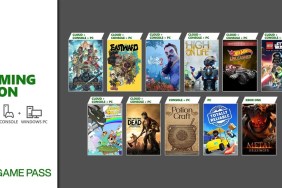Make better neighbors.
At E3 2014’s Indiecade booth, dozens of games invited curious players to try unique new mechanics and play styles, but Asher Vollmer, formerly of thatgamecompany and one of the creative minds behind the likes of iOS hit Threes and one of my personal favorites Puzzlejuice










